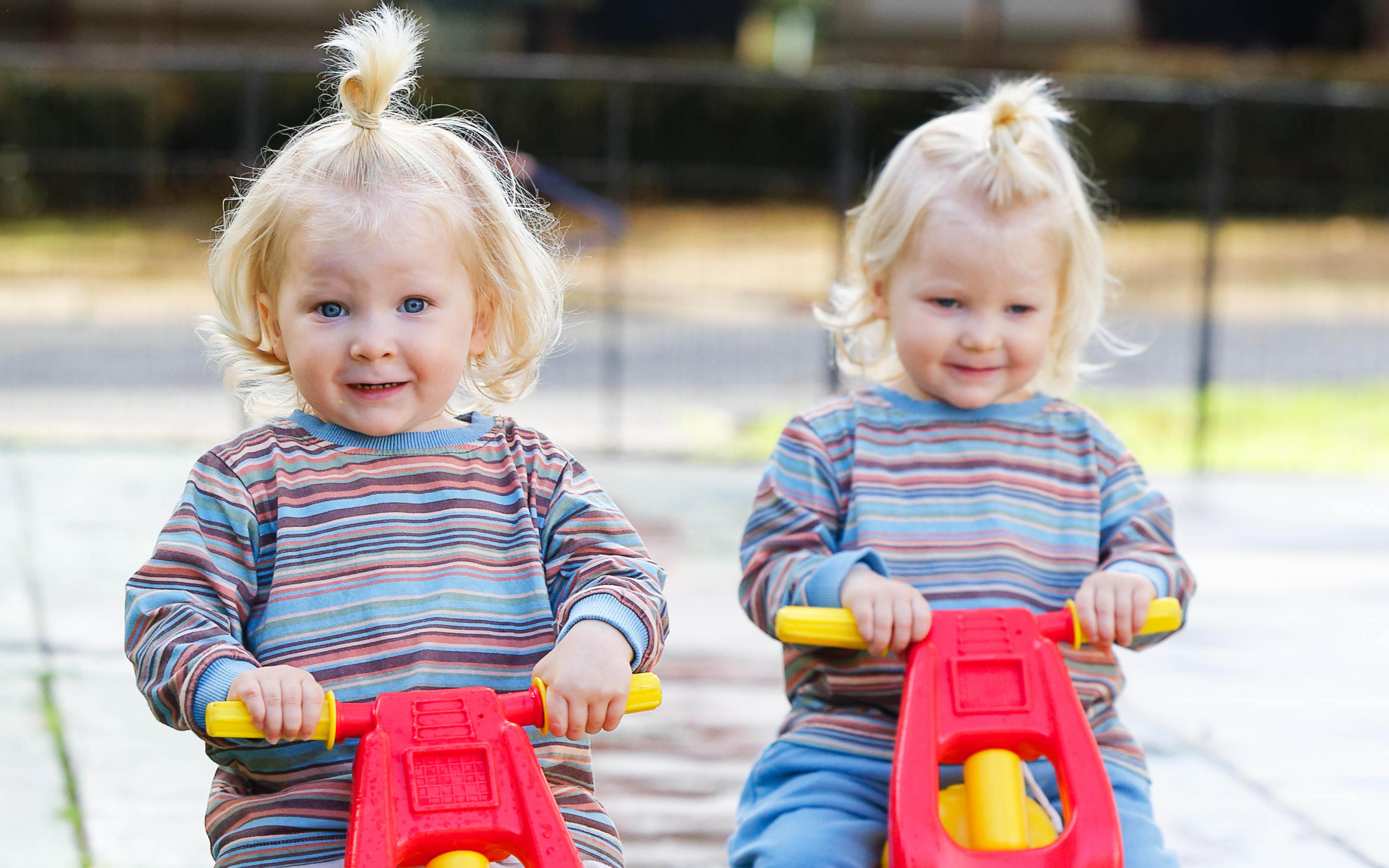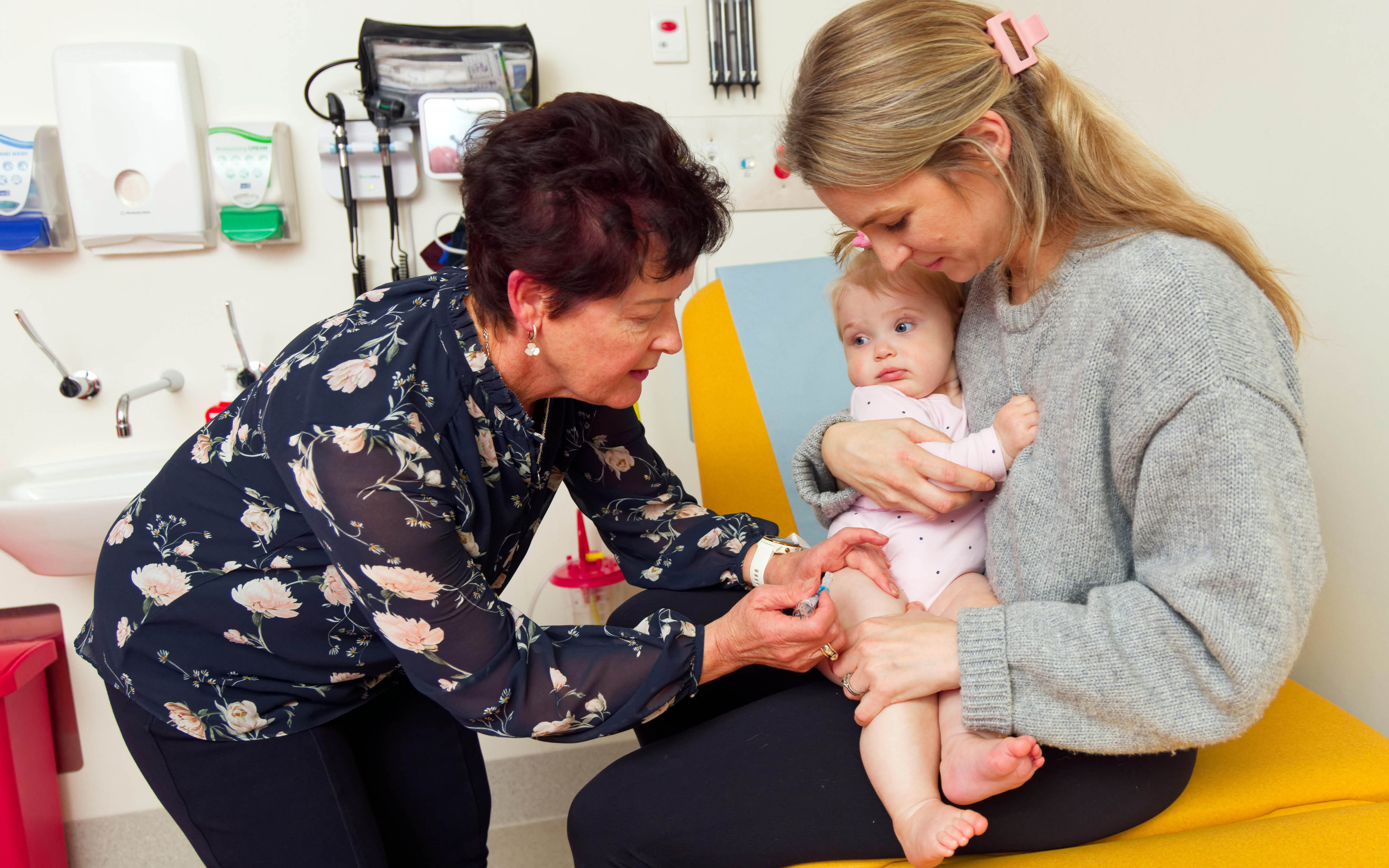What is bronchiolitis?
Bronchiolitis is a viral chest infection which affects the small airways (bronchioles) in the lungs. Often caused by the Respiratory Syncytial Virus (RSV), it occurs mostly in the winter months.
Starting off as a simple cold, symptoms soon progress to a cough and fast wheezy breathing, which makes it difficult for a baby to feed. Bronchiolitis is an infectious disease in the first few days of illness and symptoms typically peak in severity after two to three days.
By the time they turn two years of age, almost all children would have been exposed to RSV. It is spread through sneezing, coughing or personal contact. Avoid smoking in the home since it increases the chance of babies having bronchiolitis and can exacerbate their condition.
How is bronchiolitis managed?
Most cases of bronchiolitis can be managed at home, with recovery within a week to 10 days. Babies need to rest and have smaller but more frequent feeds to keep up their fluid intake. Some may need hospital care if they are having breathing difficulties or become dehydrated. About 3-5 per cent of babies will have been admitted to hospital with bronchiolitis before their first birthday. Premature babies and those with a weakened immune system tend to be at higher risk.
*Consult a doctor if your child is lethargic, feeding poorly and has fast or noisy breathing. If you are concerned that they are having difficulty breathing, seek immediate medical attention.
Our research impact
Vaccines and better treatment
There is no current licensed vaccine for RSV. The only current prevention strategy is with a drug called palivizumab. The drug is expensive and currently only given to children at high risk of severe disease, such as very premature infants. Researchers at the The Kids Research Institute Australia are undertaking a study to evaluate how much palivizumab is being used and how effective it is.
The Vaccine Trials Group has been investigating a potential vaccine against two of the most common causes of bronchiolitis - RSV and parainfluenza 3 (PIV). The trial vaccine is given via a nasal drop, making it needle-free. Another study is looking at whether oral treatment with nitazoxanide reduces the duration and severity of respiratory symptoms caused by bronchiolitis.
Determining the size of the problem
Researchers are using information that is stored on public records such as hospital records, routine laboratory records and birth records to gain a better understanding of how many children have been infected with RSV and how severe the infections are.
Tracking RSV
Mathematical modelling has demonstrated when RSV reaches its seasonal peak, leading to greater understanding about its transmission and seasonal factors that influence its spread. This study is now understanding how a future vaccination program in pregnant women may reduce the number of RSV infections and what are the climatic drivers (e.g. rainfall, temperature, humidity) of infection.
Understanding risk factors
A study found that babies born by elective caesarean were 11 per cent more likely to be admitted to hospital with bronchiolitis in the first year of life. Bronchiolitis also has been shown to be associated with an increased risk of asthma in children.


